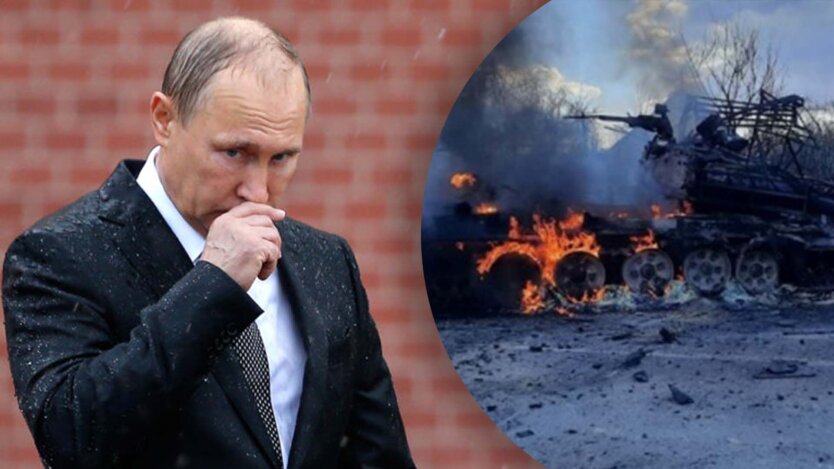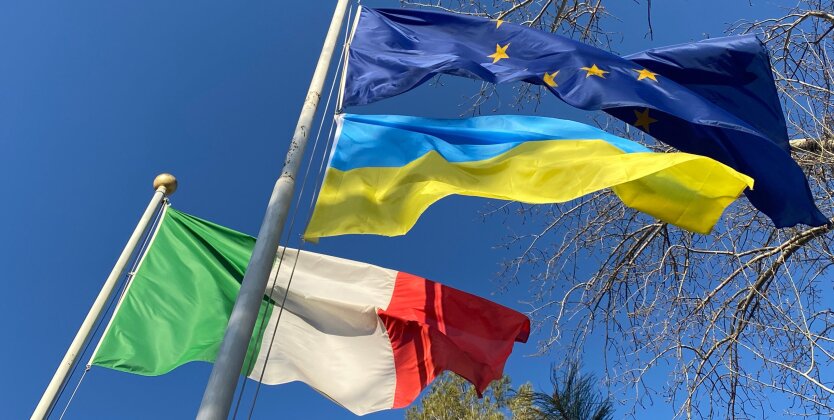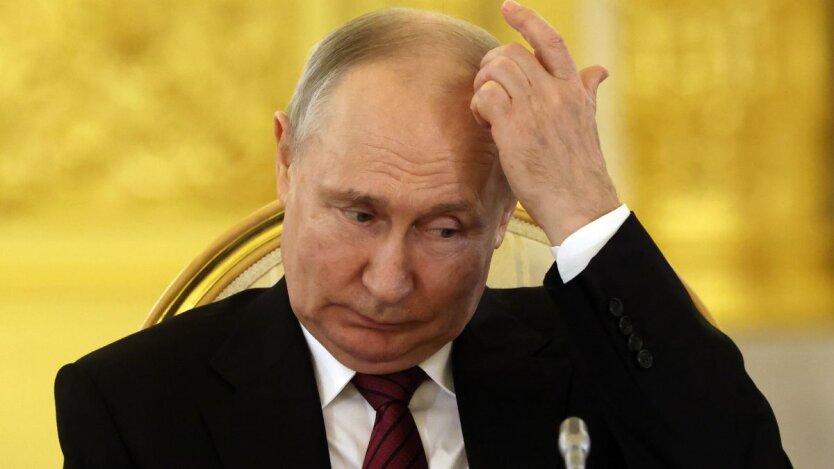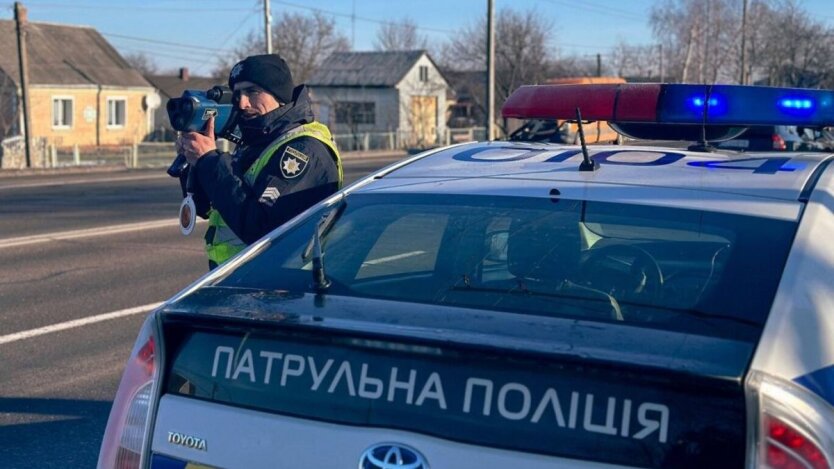Putin Conceals the Real State of the Economy: What British Analysts Discovered.


The Ministry of Defence of the United Kingdom reported that the growing inflationary pressure in Russia could negatively impact its ability to maintain high defense spending. British intelligence indicates that, although the ruble has slightly strengthened, inflation continues to rise.
'In February 2025, inflation rose to 10.1% from 8.5% in October 2024, when the interest rate was at 21%. A labor shortage and high government spending virtually guarantee that inflation will remain above the target value of the Central Bank of Russia at 4% until 2025,' noted the intelligence report.
The Central Bank of Russia decided on March 21, 2025, to keep the key interest rate at 21%. The analysis from British intelligence shows that current interest rates are the highest in the last 20 years and significantly exceed the 8.5% figure recorded in January 2022, before the conflict began. Defense of high interest rates may lead to an increase in corporate bankruptcies in Russia.
In November 2024, the Russian ruble depreciated to its lowest level since the beginning of the invasion of Ukraine, with an exchange rate of 114 rubles per dollar. After that, the ruble slightly strengthened, but the analysis shows that the ruble's strengthening could lead to a decrease in revenues from oil and gas exports, which will create additional pressure on the federal budget.
The Institute for the Study of War (ISW) noted that the Kremlin launched an information operation to create the illusion of stable functioning of the Russian economy, despite serious macroeconomic problems.
Russia has approved a policy to increase defense spending, ignoring issues such as labor shortages, demographic crisis, decreasing savings, and the population's dependence on government assistance. The Russian economy functions on high interest rates, inflated salaries, and reduced production capacities, which do not correspond to official statements about the country's well-being.
ISW previously published Putin's plans for an attack on Ukrainian territory.
Analysis:
According to British intelligence, inflationary pressure in Russia continues to rise, which could negatively affect the country's ability to maintain high defense spending. High interest rates and the risk of increasing corporate bankruptcies also create an unstable situation in the economy. Strengthening the ruble could lead to a decrease in revenues from oil and gas exports, further stressing the federal budget. Moreover, the policy of increasing defense spending ignores serious problems in Russian society, such as labor shortages and demographic crisis. Official statements about the economic well-being of the country do not correspond to reality, indicating the existence of serious macroeconomic problems.
Read also
- Gazprom filed another lawsuit against Naftogaz
- Ukraine and Italy prepare specific recovery projects
- A new coronavirus has been discovered in China that could cause a pandemic
- The EU explained what prevents them from 'pressuring' Russia
- Drivers face a 'surprise': fines for speeding will soon change
- Monetary assistance for injury or death of a serviceman: the main mistake named by the TCC, due to which payments are delayed










